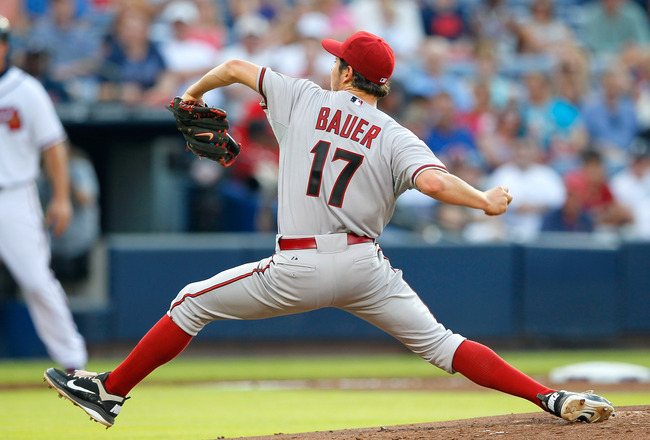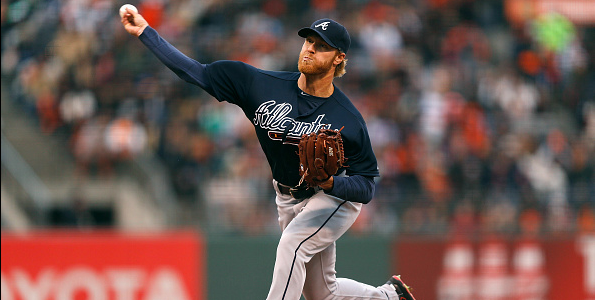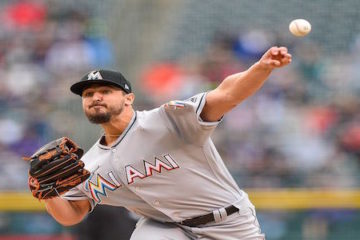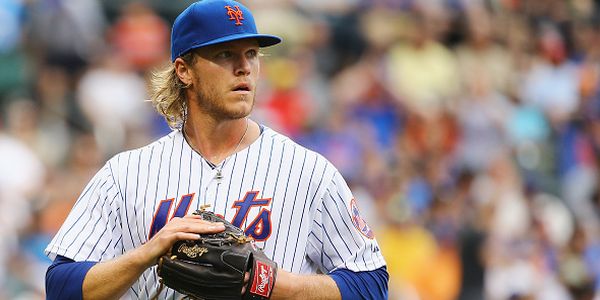2018 Fantasy Baseball: Chicago Cubs Sign Yu Darvish
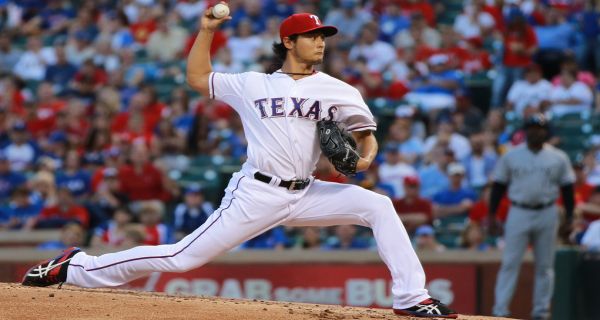
The Cubs pulled off the most significant free agent signing of the offseason when they signed the number one starting pitcher on the market, Yu Darvish, to a six year, 126 million dollar deal (can reach 150 million if he meets certain incentives). It has been a very slow offseason and some people were crying collusion, but clearly the Cubs were willing to meet Darvish’s demand of a six year deal even if he didn’t get the average annual value he was looking for.
Why the Cubs make this deal
This isn’t quite as simple as adding a big time starter. Like with adding position players, people are fond of talking about adding 15 to 20 wins with 200 or more strikeouts, but that’s not really what they are adding. If you simply compare him to the pitcher he is directly replacing we will see that the differences are not that great.
- Jake Arrieta: 168.1 INN, 3.53 ERA, 1.218 WHIP, 163 SO
- Yu Darvish: 186.2 INN, 3.86 ERA, 1.163 WHIP, 209 SO
Okay, to be perfectly fair, Darvish pitched more than half of the season in Arlington. If we compared statistics like ERA+ we’d find they come a lot closer (Arrieta 123, Darvish 122). It becomes even more eery when we find that Darvish is only a little more than 100 days younger than Arrieta. So, it bears asking as to why the Cubs didn’t simply re-sign Arrieta and let someone else take a flier on Darvish and his six seasons.
If you remove the World Series, Darvish did seem to pitch better more recently, but more of this probably has to do with what Arrieta is demanding. There is a reason why his market is slow to develop. Granted, neither he nor teams are mentioning what the requests have been, but there is a perception out there that Darvish is aging slower than Arrieta. He did reportedly tip his pitches in the series, but I’m sure that is something the Cubs hope they can correct.
However, we need to be very clear about what this means. This doesn’t make the Cubs an appreciably better team in the interim. if anything, it reduces some of the rot they were destined to have in 2018 if they brought back the same cast of characters. Now, they are replacing John Lackey with Tyler Chatwood and they are replacing Arrieta with Darvish. If they break even on that exchange they should have enough to win the NL Central again and if they gain a little they could challenge the Dodgers and Nationals for supremacy.
What this means for you
Let’s assume that we could go by what he has done in the regular season and not what he did in the playoffs. There are four things we tend to look at when a starting pitcher changes teams. The first factor is the ballpark itself. Over multiple seasons, Wrigley Field has scored a perfectly neutral 100. Globe Life Park in Arlington (where he spent most of his career) has scored a 107. In other words, teams score seven percent more runs there than other parks over the past three seasons.
The second factor we have to look at is fielding. We can split this into two different metrics. The first is defense efficiency rating (DER). That’s a simple percentage of balls in play that are converted into outs. The Cubs scored a robust .699 last season to finish 7th in the big leagues (the Dodgers were first with a .703 DER). The Rangers were 9th with a .695 DER. So, overall the added result is about equal in that department.
The second department in fielding we can look at is team defensive runs saved (DRS). The Rangers finished in the middle of the road in the American League with +12 runs (+14 from shifts). The Cubs were third in the National League with +44 runs (+23 from shifts). So, overall it would appear that he will get a little more support from the gloves behind him.
Finally, we take a look at relief pitching. This really only affects wins, but considering that Darvish finished below .500 it does have an impact. The Cubs relievers averaged 4.29 runs allowed per game which was good enough for 7th in the big leagues. Granted, bullpens change from season to season and even the same guys can see their performances vary widely, but it would appear this would help him at first blush. The Rangers gave up an average of 5.04 per game. The runs allowed per game does include unearned runs, so those rates may surprise some people, but at first glance it would appear that Darvish is at least marginally better off in Chicago then where he spent most of last season.


